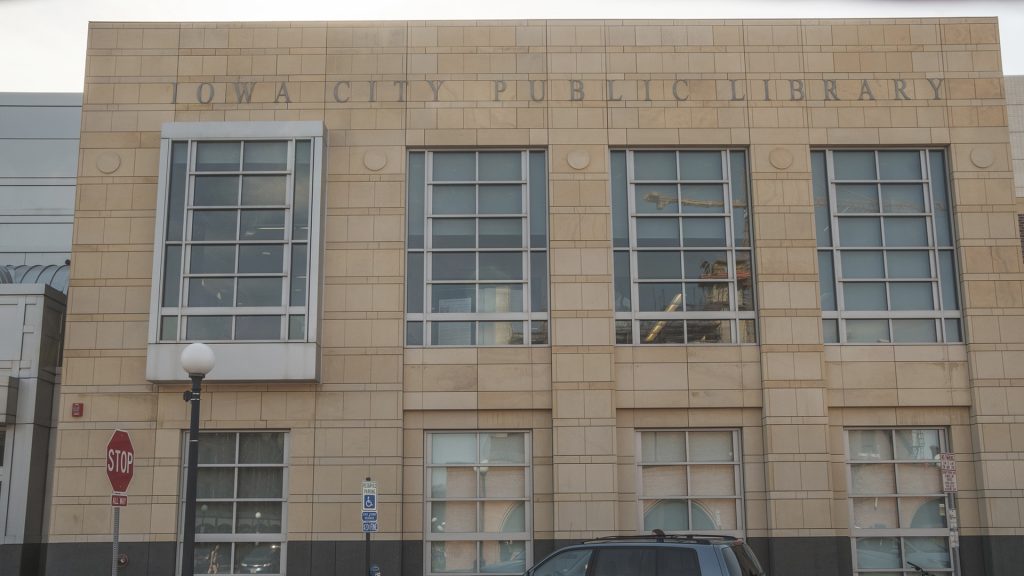Recently, there’s been an uproar about public libraries. Which is odd, because for most communities, libraries function in the background. We sometimes forget they’re there and take them for granted, but they are one of the most important parts of a community and should be treated as such.
Libraries quietly do a host of good things every day, and I for one am proud that I’ve had the opportunity to work at one and see firsthand the positive effect they have.
It baffles me that there’s even an argument about whether libraries are useful, because the logic is pretty straightforward. Of course, when it comes to taxes, everything becomes an argument. In an article for Forbes magazine, Panos Mourdoukoutas argued that we should replace libraries with Amazon bookstores to save taxpayers’ money. He said libraries aren’t necessary anymore because we have free Wi-Fi at Starbucks, we can get books on the internet, and we can get movies on Netflix and Hulu.
Sorry to break it to you Panos, but not everyone has a car to go to Starbucks or the money to pay for Netflix and Hulu. Amazon is a multibillion-dollar company that charges people to buy books, and that’s it. Libraries are institutions that give free access to knowledge for all, as well as offer programming whether you have money to spend or not.
Libraries offer free classes and financial-literacy courses, host community forums, act as polling places, teach community members tech skills, provide free access to the internet and computers, and offer books, e-books, audio books, CDs, and DVDs. That’s just a few of the things they do. Libraries across the country are spaces for all community members regardless of gender, race, income level, or education level. To say libraries are obsolete is an extremely privileged point of view.
In 2016, 40.6 million people lived in poverty, according to the U.S. Census Bureau. That’s 40.6 million people who probably wouldn’t have access to books, internet, technology, or free knowledge without public libraries. This number is just the number of people who are “officially” in poverty according to the government. There are still millions more who have an access problem, which makes the need for libraries even more crucial.
Librarians work tirelessly to ensure the community has access to these things and more. I’ve personally seen librarians go beyond their job descriptions to help someone figure out immigration forms, tax forms, help with homework, or research and advocate for early childhood literacy and education.
Panos isn’t wrong that taxes are being misused, just not by libraries. Just because you put taxes toward something you don’t use doesn’t make it unnecessary. For example, your taxes go toward infrastructure, and I can guarantee you don’t drive on every road, but it’s important that the roads work. If you don’t have a child or your child goes to private school, you still pay for public education because it’s important that society is educated. It’s the same idea for libraries.
Libraries were first created to be hosts for information. If you wanted to know something, you’d go to a library. Luckily for us, libraries have evolved with technology but still serve their original purpose. If you don’t use your library, you should. Whatever you need to learn, whatever demand that needs to be met, or if you just need a place to go, your local library is there regardless of who you are.



